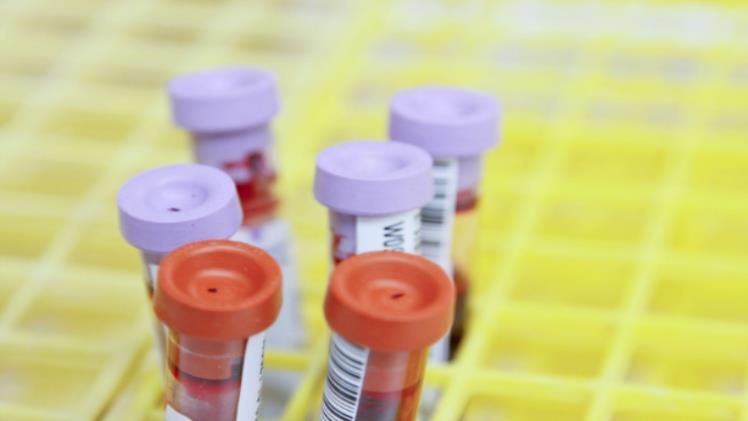What Your Blood Tests Really Say About Your Health
Have you ever glanced at your blood test results and felt utterly lost? You’re not alone. Most people have their routine lab tests done, but don’t know what those numbers really mean.
This article makes sense of important blood markers, so you can take charge of your health today, not when it’s too late.
Why Blood Tests Matter to You?
Your body speaks. And blood tests are among the best ways to listen.
Physicians don’t order lab tests merely for entertainment. The reports provide actual insight into what’s happening inside you, often before symptoms arrive. By monitoring your blood on a regular basis, you can detect silent disorders early on and act.
Key Health Markers You Need to Watch
Let us explain some of the key blood test markers that you need to know:
Liver Enzymes
One of the significant tests is SGPT (alternatively referred to as ALT). It tells you the efficiency of your liver. Elevated levels may indicate your liver is damaged or inflamed, even if you do not feel any symptoms.
You don’t need to drink a lot to develop liver problems. Fatty liver, certain medications, or even bad diet can lead to elevated SGPT. So if this appears on your test, discuss it with your physician and work on decreasing liver strain.
Blood Sugar
Lots of folks believe that blood sugar tests are just for diabetics. That is wrong. The HbA1c test is one of the strongest tests, as it shows your three-month average blood sugar.
If your HbA1c is even a little elevated, it’s a caution sign. You may not have diabetes yet, but you might be on your way. The good news is that you can overcome early issues with improved diet, exercise, and lifestyle.
Cholesterol
Your cholesterol panel indicates more than “good” and “bad” cholesterol. You must be aware of LDL (bad), HDL (good), and triglycerides. Elevated triglycerides usually indicate poor nutrition and high sugar intake, rather than fat.
Get your doctor to explain these to you. Knowing this prevents heart attacks and strokes, long before they occur.
How to Prepare for Your Next Blood Test?
Don’t just appear and donate blood. Prepare in advance:
- Fast 8–12 hours if necessary (particularly for glucose and cholesterol tests).
- Hydrate, but not with sweetened beverages.
- Inform your doctor of any supplements or medications.
Also, ask for a copy of your results. Don’t accept “everything looks fine.” Read the numbers. Ask questions. Take notes.
What to Do If Your Results Are Off
Here’s the truth: not everything that’s abnormal is terrible. Sometimes it’s an early warning system that tells you to make a change.
If your SGPT is elevated, reduce your alcohol intake, steer clear of processed foods, and try liver-friendly supplements with your doctor’s consent.
If your HbA1c is high, begin walking 30 minutes daily and replace sugar with high-fiber foods. Small changes really do add up.
Wrapping Up
You don’t have to wait for symptoms to act. Your blood test results provide you with a clear map of where your body stands right now. Use that map. Prioritize your health today, your future self will appreciate it.







